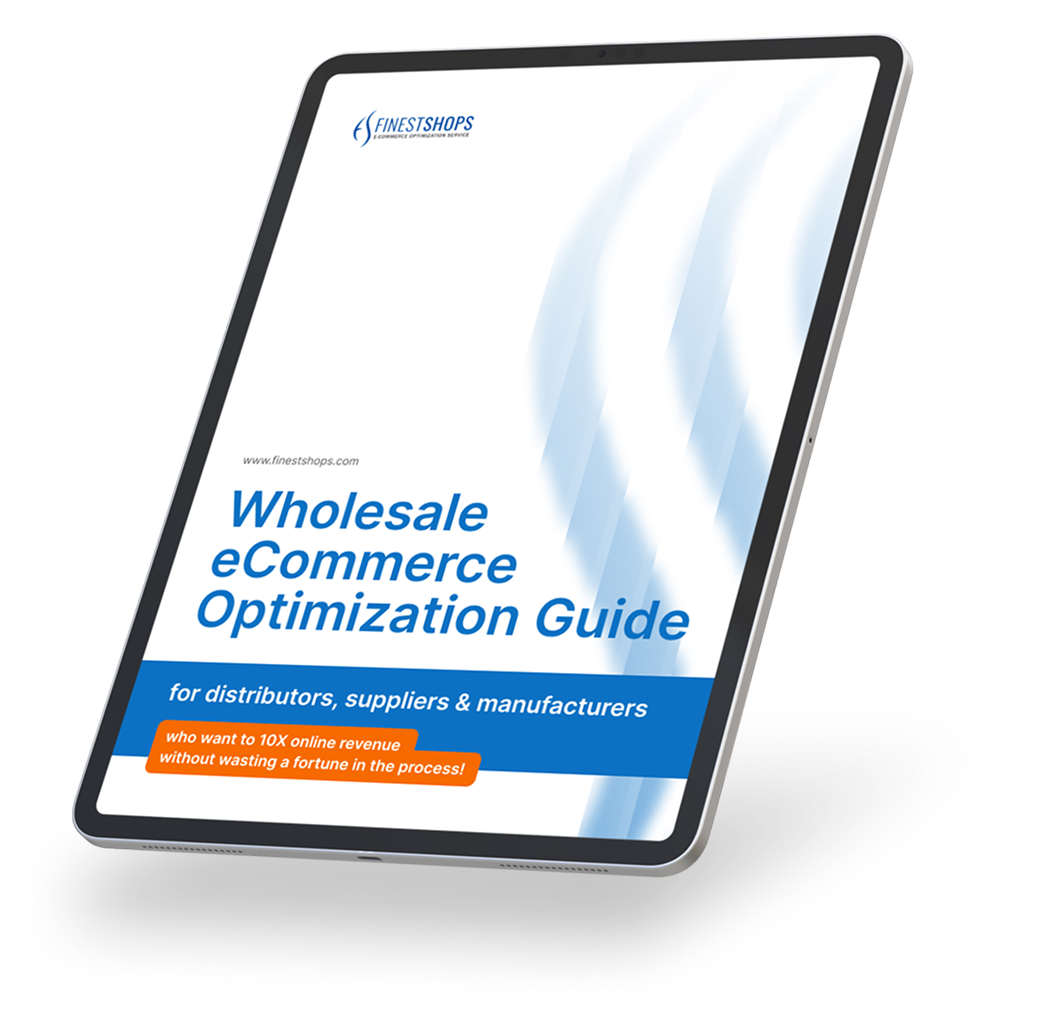
eCommerce Store Security
eCommerce Store Security is a foremost consideration for your web store. The internet has completely transformed the ways of doing business. Especially in times like this, when people are preferring to stay at home rather than getting out for anything, the eCommerce industry is booming. And if the current scenario instigates you to start your own eCommerce business, you’re in the right direction. However, if you think that all you need is a website to get started, you’re mistaken. The majority of online businesses often neglect an essential part of the eCommerce game and that is web security. Every day on an average 30,000 new websites are hacked. The reason being, lack of proper security measures. Thankfully, there are a number of ways that we can use to secure our eCommerce website. And this article will share a few of them. But before diving in, let’s understand what eCommerce Security is.
What is eCommerce Store Security?
When you’re running an eCommerce store, security is apparently the most important aspect to take care of. If you don’t take care of the security part, you may end up losing your company’s as well as your customer’s data to the wrong hands. This also includes sensitive data such as your customers’ card details. And this can result in a huge loss for your business and brand reputation, not to mention your customers’ bank balance. Now if you think that your business is small and the chances of a security breach are low, you’re wrong. Small to medium sizes businesses are more likely to be targeted by hackers because large companies invest a good amount in developing their website’s security system. So what to do? Here are a few tips to help you secure your eCommerce store.
7 Rules eCommerce Store Security
eCommerce Store Security Rule 1: Choose a Secure Hosting Provider and eCommerce Platform
Though there are several eCommerce solutions to choose from, you need to go for both a secure platform along with a secure hosting package to get optimal protection. While many eCommerce website builders provide built-in solutions for security, not every platform host does the same. Here what you should do is research and find various hosts and platforms that are best suited to your requirements. Find a solution that provides both hosting and an eCommerce platform that offers complete security to your website.
eCommerce Store Security Rule 2: Get an SSL Certificate
Do I need SSL? If you’re running a website in 2020, you need it. It’s no more a luxury rather than an essential. Simply put, an SSL certificate encrypts all the data that a user shares with you while on your website so that it can securely get transferred from their browser to your web server. You can easily identify if your website has an SSL certificate by checking whether it starts with HTTPS or HTTP. If it starts with HTTPS, you have it. The basic function of an SSL certificate is to secure server-client communication. Once you install SSL on your website, every piece of information gets encrypted. If your website deals with sensitive data such as usernames, passwords, debit/credit card numbers, etc. SSL helps you to protect the data from hackers and breachers.
eCommerce Store Security Rule 3: Perform Daily Malware Scan
Malware is a piece of software that hackers create for malicious purposes. Malware is one of the most dangerous cyber threats that can damage your website to a great extent. But how can you protect your website from malware when everyday hackers create nearly 1 million malware every day. Some of the damages made by Malware are-
- Directs your visitors to other (mostly malicious) websites.
- Grants access to your website to hackers.
- Places spam content on your website.
- Removes your website from search engine results.
- Show random advertisements.
eCommerce Store Security Rule 4: Perform Regular Backups For Website Data
Accidents can happen at any point in time. No hacker is going to warn you before hacking your website. Now what you can do is stay prepared for even the worst scenarios. When you’re running a business website, you need to stay prepared with a proper backup plan. And that plan is leveraging website backups. Website backups allow you to save your website from any accidental or intentional interventions that can ruin your long haul. For example, updating core files or new plugin installation can go wrong. And once it does, the next thing that happens is your website is no longer working. That’s where backups can save your business.
eCommerce Store Security Rule 5: Don’t Store Sensitive Customer Data
The best way to protect your customers’ sensitive data is by not storing it. Storing data such as credit card numbers can be very risky because if compromised, you will lose the trust of your customers and that can ruin your brand reputation. In order to prevent such mishaps, you leverage the process of tokenization. Tokenization generates random codes known as tokens in place of the direct data of your customers. Moreover, it also prevents card fraud.
eCommerce Store Security Rule 6: Ensure Your Website is PCI DSS Compliant
PCI DSS is the necessary set of rules made by the top credit card companies for eCommerce websites in order to ask, store, and process the data of the cardholders. By following these guidelines, your eCommerce website will be able to detect as well as prevent potential hacks and data breaches before it can lead to major data compromise.
eCommerce Store Security Rule 7: Secure User Level Information
Hackers and breachers can do a lot of damage to your website once they get access to it. And you need to ensure that your customers are taking necessary precautions while using your website. One such measure that you can take is by automating the process of sending reminders to customers to keep changing their passwords every once in a while. Also, make sure that your customers are using highly secure passwords.
To Wrap Up
Trust is the foundation of any business and if you want to establish trust with your customers, you need to make sure that you’re making their experience on your website secure..Each eCommerce Store Security will help you do that and make your customers safe and secure. And the more they trust you, the more likely they are to keep coming back to you.
